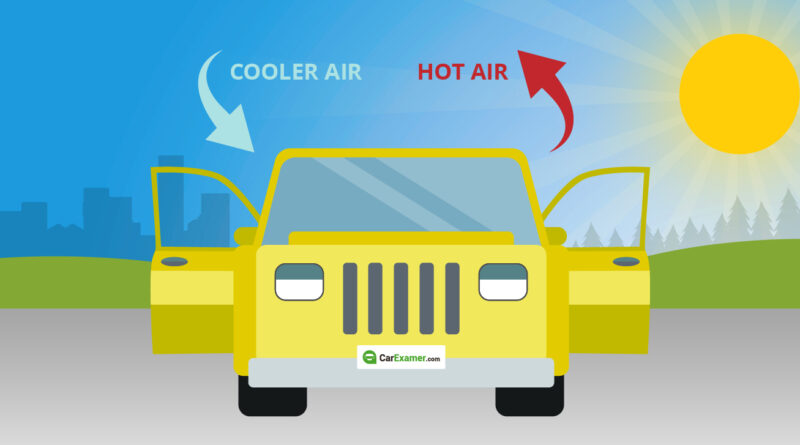Climate Control vs Air Conditioning – Understanding the Difference
When it comes to maintaining a comfortable environment inside a vehicle, the terms “climate control” and “air conditioning” are often used interchangeably. However, these two systems serve distinct purposes and offer varying levels of sophistication. In this article, we’ll unravel the dissimilarities between climate control and air conditioning to help you make informed decisions about your vehicle’s interior comfort. Regardles of the Air conditioning operation type average system regas time every 3-4 years due to system loosing efficiency by nature.
Air Conditioning:
Air conditioning, commonly referred to as AC, is a well-known feature in vehicles designed to cool down the interior temperature. The primary function of an air conditioning system is to remove heat from the air, making it more comfortable for occupants during warm weather. Here’s how a typical automotive air conditioning system operates:
- Compressor:
- The process begins with the compressor, which pressurizes and circulates refrigerant gas.
- Condenser:
- The high-pressure refrigerant gas flows to the condenser, where it releases heat and transforms back into a liquid.
- Expansion Valve:
- The liquid refrigerant passes through the expansion valve, reducing its pressure and causing it to evaporate.
- Evaporator:
- As the refrigerant evaporates, it absorbs heat from the surrounding air inside the vehicle, cooling it down.
- Blower Fan:
- A blower fan then circulates the now-cooled air into the cabin, providing relief from the external heat.
In summary, traditional air conditioning systems focus on cooling the air by removing heat through the process of refrigeration.
Climate Control:
While air conditioning primarily deals with cooling, climate control systems offer a more sophisticated approach to interior comfort. Climate control goes beyond temperature regulation; it allows occupants to set and maintain specific comfort parameters, including temperature, airflow, and sometimes even humidity. Key features of climate control systems include:
- Automated Temperature Regulation:
- Climate control systems maintain a preset temperature, adjusting the heating or cooling as needed to achieve and sustain the desired comfort level.
- Dual-Zone or Multi-Zone Controls:
- In more advanced climate control systems, dual-zone or multi-zone controls enable different temperature settings for various areas within the vehicle. This caters to individual preferences for the driver and passengers.
- Air Distribution and Fan Speed:
- Climate control systems provide control over the distribution of air and fan speed, allowing occupants to customize airflow patterns based on personal preferences.
- Humidity Control:
- Some high-end climate control systems also incorporate humidity control features, ensuring a balanced and comfortable atmosphere inside the vehicle.
Choosing Between Air Conditioning and Climate Control:
The choice between air conditioning and climate control often depends on personal preferences, budget considerations, and the desired level of sophistication. Air conditioning is a standard feature in most vehicles and effectively cools the interior during hot weather. On the other hand, climate control systems offer a more tailored and automated approach to ensure year-round comfort. Identify car smells.
Conclusion:
In the realm of vehicle comfort systems, understanding the distinction between air conditioning and climate control is crucial. While both aim to enhance the comfort of vehicle occupants, climate control takes customization and automation to a higher level. Whether you opt for the simplicity of air conditioning or the advanced features of climate control, the goal remains the same – ensuring a pleasant driving experience, regardless of external weather conditions.
Buying a used VW. Buying used vauxhall, BMW, Jaguar, Ford, Volvo, Range rover, Bentley, Aston Martin, Porsche, Ferrari, Lamborghini, Maserati, Hyundai, Tesla, Honda, Pagani.

